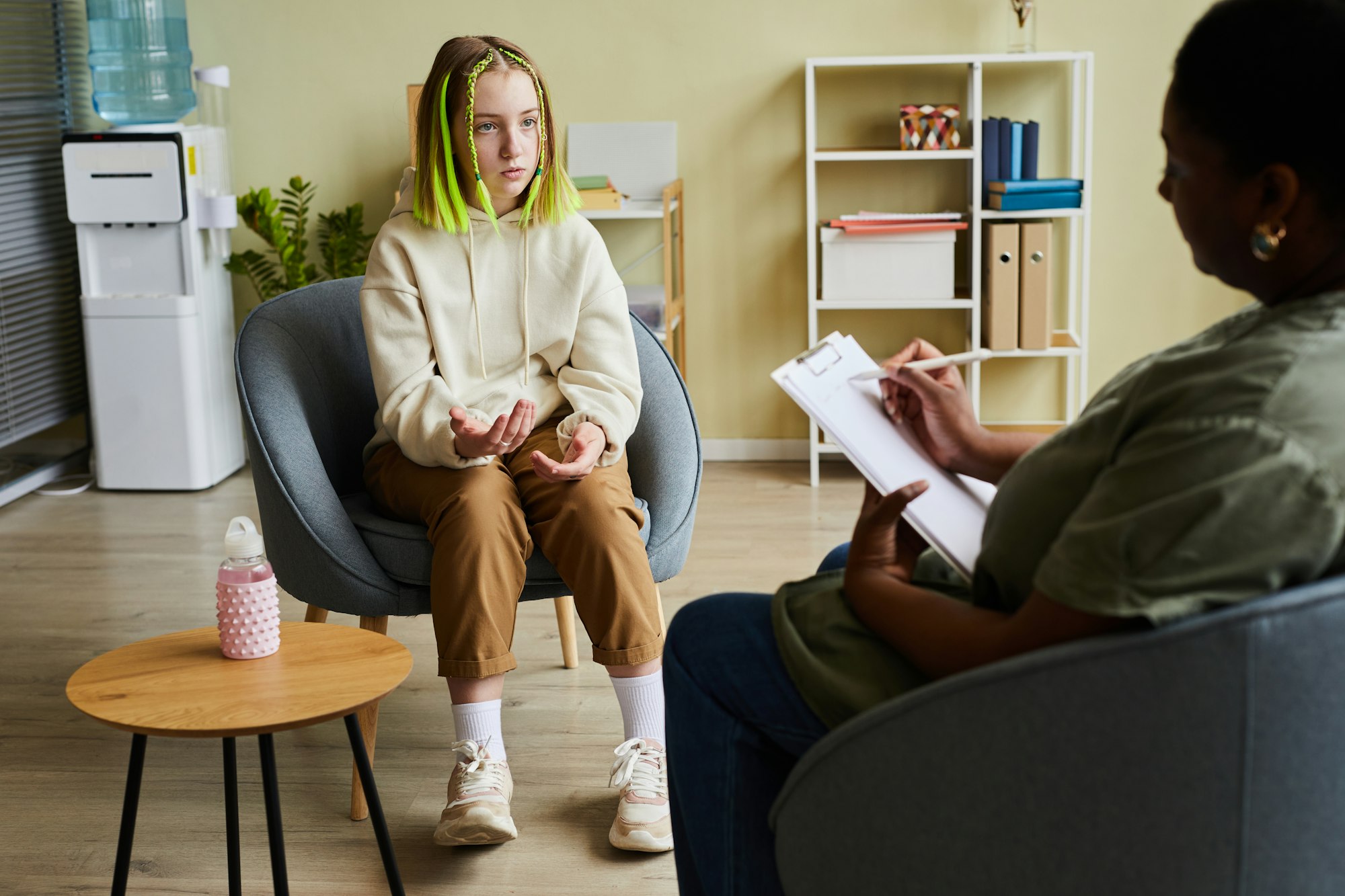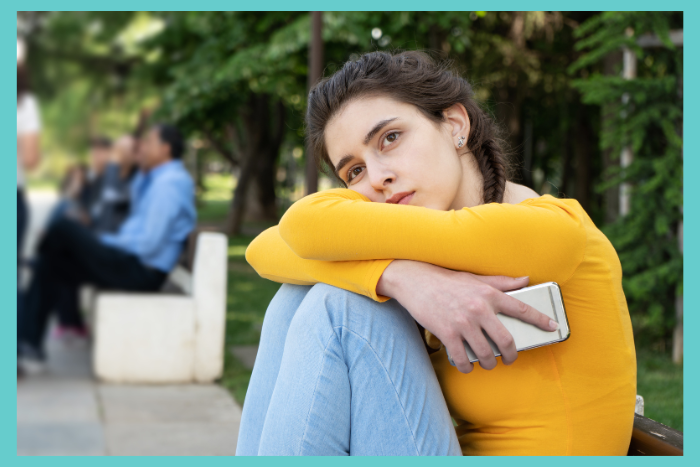Psychiatrists and therapists routinely use standard treatments to address individual mental health conditions such as depression or anxiety. However, in recent years, experts have begun to realize that the solution for mental health challenges isn’t one size fits all. New therapies continue to emerge, and one of the latest treatment approaches is process-based therapy.
Process-based therapy (PBT) takes a more individual approach to treatment where therapists tailor interventions to meet a person’s needs at a given point in time, according to Sage Journals. PBT aims to go beyond treating the condition by focusing on the individual client’s needs and struggles to get to the root of deeper issues. In this article, we’ll explain what PBT is, how it works and why your teen may benefit from it.
What is process-based therapy?
The goal of process-based therapy is to look at the person rather than just the diagnosis. Instead of focusing just on a condition such as a mood disorder or post-traumatic stress disorder, a therapist will take into account a broader view of the things their patient is dealing with. This includes factors such as:
- Biological
- Physiological
- Social
A mental health diagnosis is often separated out from the rest of a person’s life. However, process-based therapy acknowledges the interconnections between mental health and other aspects of a patient’s life. Therapists look for broader solutions that will not only target a specific mental health challenge but can also positively affect other aspects of the patient’s life that may also be negatively impacting their mental health.
What does process-based therapy consist of?
Process-based therapy combines a number of different therapy treatment methods, depending on the individual’s needs and challenges. Therapy modalities that process-based therapy uses include:
- Acceptance and commitment therapy — Acceptance and commitment therapy (ACT) is an active form of psychotherapy that encourages people to stop avoiding or denying their inner emotions. Instead, they can learn to accept those feelings and move forward alongside them rather than ignoring them. This may make it easier for people to continue to make progress in their thoughts and behavior no matter what’s going on in their lives.
- Dialectical behavioral therapy — Dialectical behavior therapy (DBT) focuses on educating people on how to manage intense emotions and relationships. This type of treatment is often helpful for:
- Borderline personality disorder
- Emotional dysregulation
- Suicidal ideation or self-harm behaviors
The goal of DBT is to help clients acknowledge that living with a mental health condition is a complex and ongoing process. DBT can help people learn to live with and understand their emotions without letting those emotions rule their actions.
If you or someone you know is thinking of harming themselves, call or text 988, the 988 Suicide & Crisis Lifeline, for immediate support.
- Cognitive behavioral therapy — Cognitive behavioral therapy (CBT) is one of the most common forms of psychotherapy. It focuses on acknowledging and changing unhelpful patterns of thinking, behavior and core beliefs. CBT can help people understand how to cope with their mental health challenges in a positive and constructive way. The goal is to unlearn those negative thoughts and behaviors and begin to adopt healthier patterns.
Individually, these methods can be effective in positively impacting mental health. Using these treatments in a process-based way can help address underlying issues behind mental health diagnoses. The focus of PBT is on mental, social and behavioral health issues that may be larger than a mental health condition or label.
How does Embrace U use process-based therapy?
At Embrace U, we offer a complete outpatient program made up of a number of different therapy methods to most effectively treat mental health challenges for adolescents aged 10 to 18. Treating mental health in a process-based way can help them get to the root of their issues beyond the label of a diagnosis. Our goal is to provide full support to our clients in a number of different ways to best impact their mental health. Our treatment program is made up of a combination of:
- Group therapy
- Individual therapy
- Psychiatric assessment
- Family counseling
- Medication management
If your teen has been struggling with a mental health condition and needs a higher level of support, our licensed clinical experts are here to help. When you’re ready to help your teen take that next step toward better mental health, contact our team today for more information or to schedule an initial appointment.




